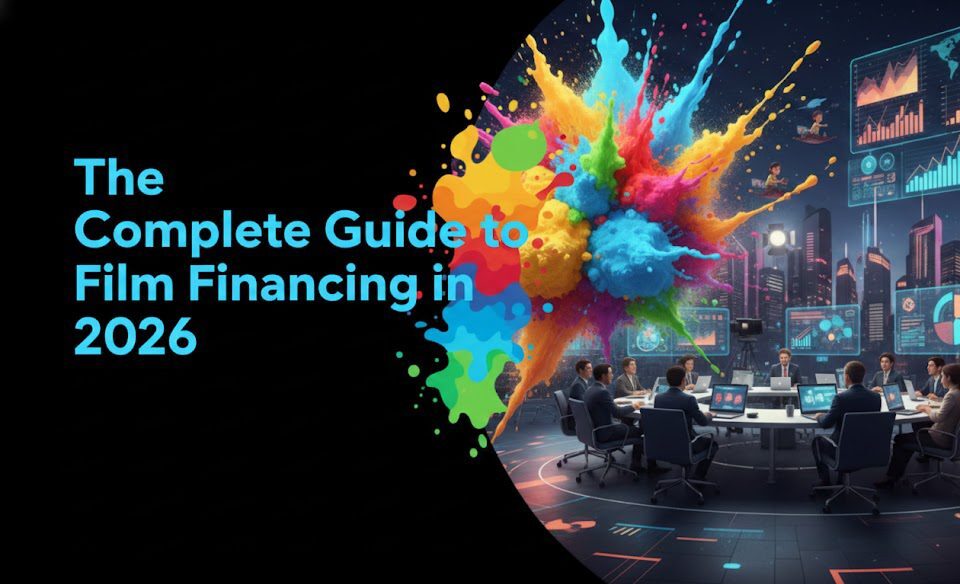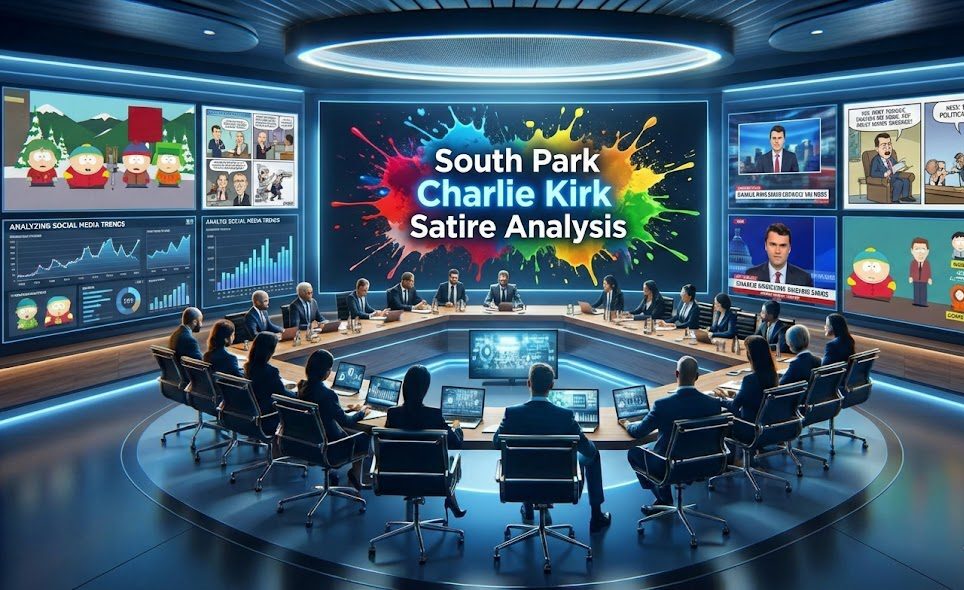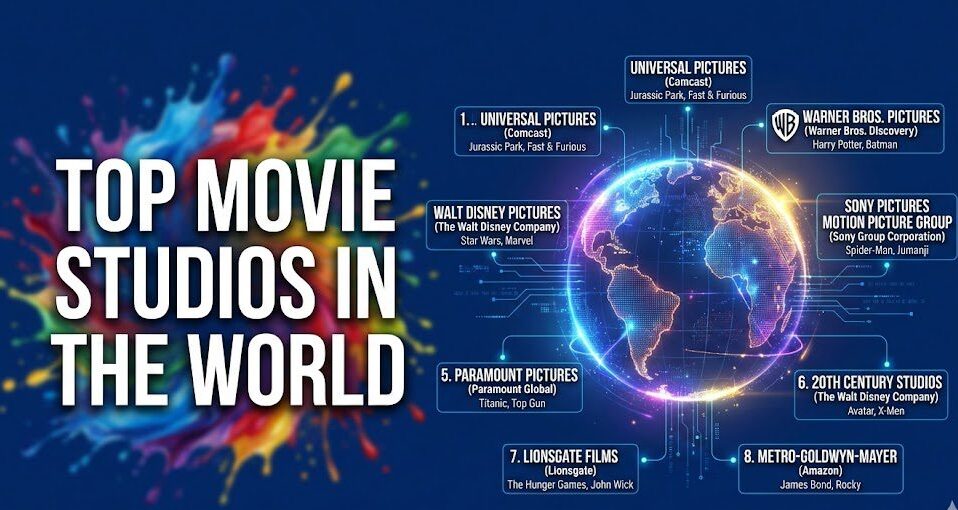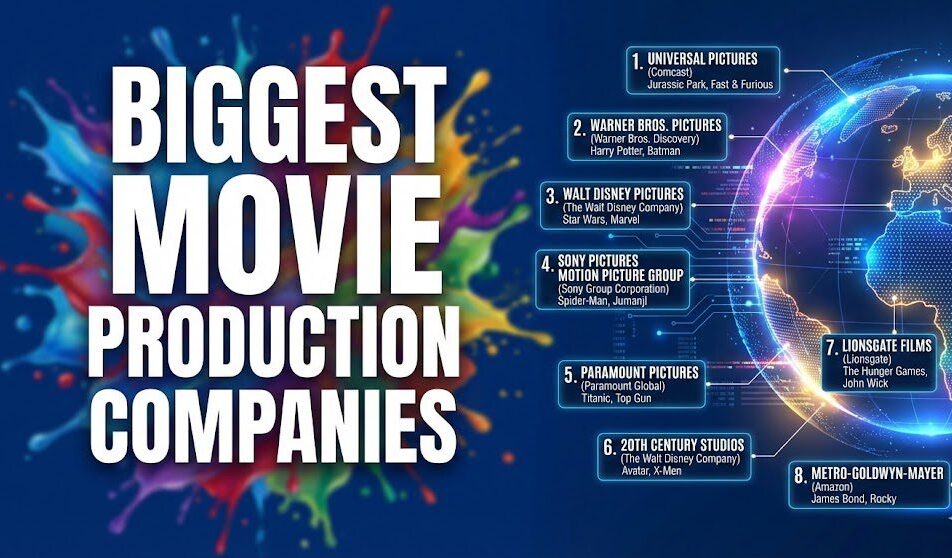Introduction
Adapting books into films and TV shows is a booming business, with streaming giants and studios constantly searching for compelling stories. But behind every blockbuster adaptation lies a complex legal and financial process—securing, negotiating, and monetizing book rights.
In this guide, we’ll break down everything you need to know about book rights for film and TV adaptations, from the different types of book rights to key negotiation strategies and monetization opportunities. Whether you’re a rights holder, content acquirer, or producer, understanding these crucial elements will help you navigate the IP landscape, avoid costly pitfalls, and maximize the value of your book rights.
Find the Right Partners for Your Adaptation

What Are Book Rights in Film & TV?
Book rights refer to the legal permissions required to adapt a book into a film, TV series, or other audiovisual content. These rights determine who can produce, distribute, and profit from an adaptation.
When a producer, studio, or streaming platform wants to turn a book into a film or TV show, they must obtain the appropriate rights from the author, publisher, or rights holder. This process ensures that the adaptation is legally authorized and that all parties involved benefit from the deal.
Types of Book Rights
Book rights are categorized into several types, each granting different levels of control over adaptations.
1. Film & TV Rights
These rights allow the adaptation of a book into a motion picture, TV series, or streaming content. They are often sold as an exclusive option (more on that later).
2. Theatrical Rights
For adapting books into stage plays, musicals, or live performances.
3. Merchandising Rights
These rights cover products based on a book’s characters, settings, or themes (e.g., toys, games, or collectibles).
4. Audiobook Rights
Separate from film and TV rights, these permit the creation of audio adaptations.
5. International Adaptation Rights
Allow a book to be adapted into different languages or formats in various territories.
How Book Rights Are Secured
The process of securing book rights follows a structured approach:
1. Optioning the Rights
Most film and TV rights deals start with an option agreement, giving the producer exclusive rights to develop the adaptation for a set period (usually 12–18 months). The producer pays an upfront fee but does not own the rights outright.
2. Acquiring the Rights
If the producer successfully develops the project (e.g., securing funding, talent, or distribution), they “exercise” the option by purchasing full adaptation rights.
3. Licensing or Assigning Rights
Authors or publishers can license rights for a limited period or sell them outright for a lump sum.
Get verified contacts of studios, publishers, and producers.

Key Negotiation Strategies for Book Rights
Securing a fair and profitable deal requires strategic negotiation. Here are some key considerations:
1. Rights Retention vs. Full Sale
Decide whether to sell all rights permanently or retain certain rights (e.g., international adaptations or sequels).
2. Royalty & Backend Profit Sharing
Negotiate royalties or a percentage of box office revenue, streaming profits, or syndication fees.
3. Creative Control
Authors and publishers may negotiate script approval, character portrayal, or storyline fidelity to maintain creative integrity.
4. Reversion Clauses
Ensure rights revert back to the original owner if the project isn’t produced within a set timeframe.
Monetizing Book Rights in Film & TV
Successful adaptation deals can generate revenue through:
- Upfront Payments: Option fees and purchase agreements.
- Box Office & Streaming Revenue Shares: A percentage of ticket sales or streaming profits.
- Merchandising & Licensing: Spin-off books, games, toys, and collectibles.
- International Distribution Deals: Selling adaptation rights to overseas studios.
Common Challenges in Book Rights Deals
1. Legal Complexities
Copyright ownership disputes, contract loopholes, and ambiguous agreements can lead to costly legal battles.
2. Project Delays & Rights Expiry
If a film or show isn’t produced within the agreed timeline, the rights may expire, leading to lost opportunities.
3. Market Trends & Demand Fluctuations
Changing audience preferences can impact the commercial viability of a book adaptation.
How Vitrina Helps with Book Rights
Vitrina simplifies the book-to-screen adaptation process by offering:
✅ Global Film & TV Project Tracking: Identify book adaptations in development across 100+ markets.
✅ Verified Rights Holders Database: Access contact details of key decision-makers in publishing, studios, and streaming platforms.
✅ Industry Intelligence & Competitive Analysis: Get insights into adaptation trends, competitor deals, and market dynamics.
✅ Outreach & Deal-Making Support: Find and connect with the right partners for adaptation negotiations.
Key Takeaways
- Book rights are crucial for adapting literature into film & TV.
- Optioning is the most common method of securing rights.
- Smart negotiation ensures financial success and creative control.
- Monetization extends beyond the adaptation itself (merchandising, royalties, etc.).
- Vitrina helps industry professionals track, secure, and leverage book rights deals.
Frequently Asked Questions
It’s a temporary contract allowing a producer to develop an adaptation without purchasing full rights immediately.
Yes! Authors can sell film, TV, stage, and merchandising rights separately.
Vitrina provides access to verified rights holders and adaptation deal insights





































